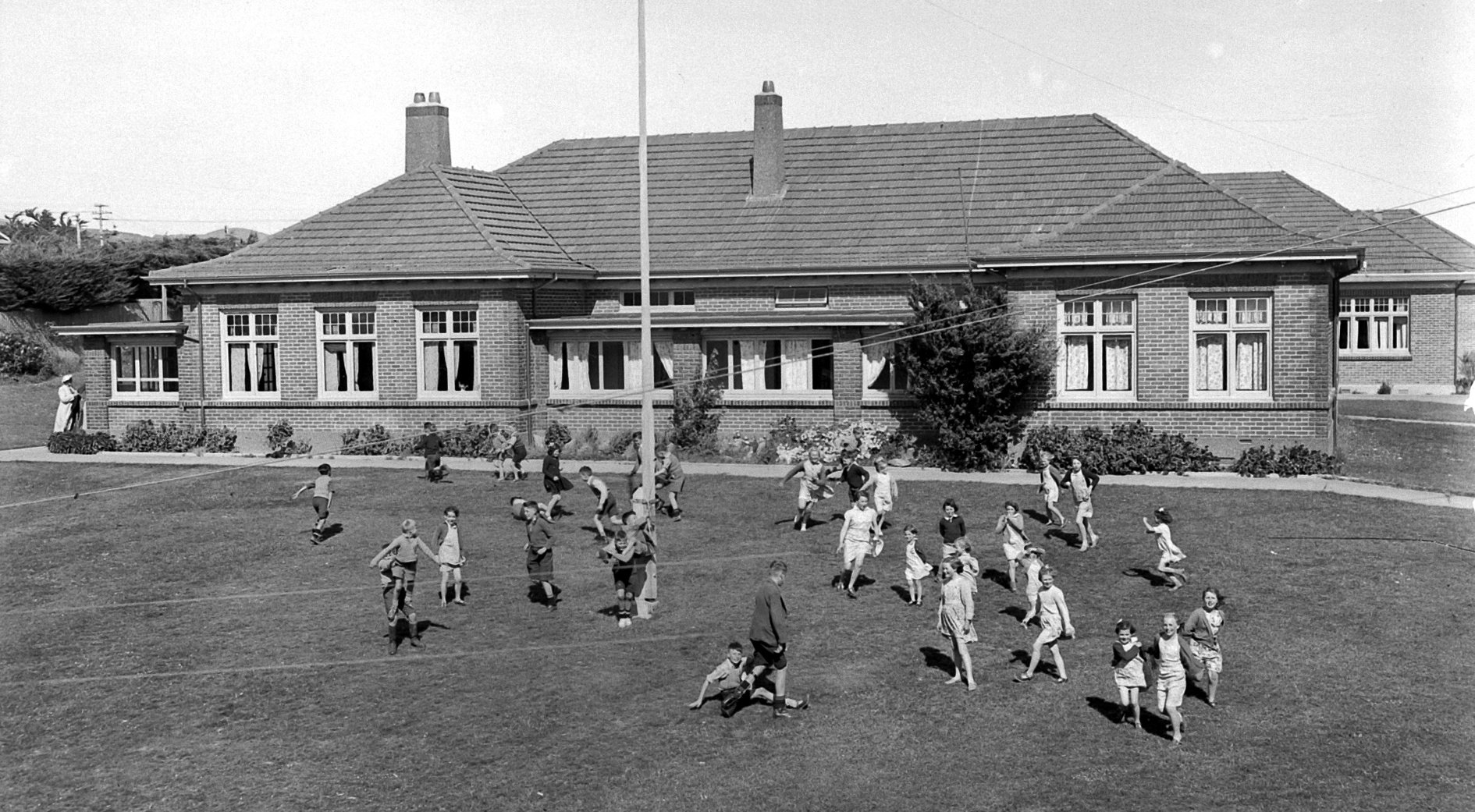
The Presbyterian Church of Aotearoa New Zealand (PCANZ) announced this week that its investigation could not reach a conclusion about the existence of the alleged paedophile ring.
The allegations first arose in October 2022, during a Royal Commission of Inquiry into Abuse in Care hearing, at which allegations of abuse at Glendining Presbyterian Children’s Homes, in Andersons Bay, were detailed.
The commission also heard that records of children housed in the care of Presbyterian Support Otago (PSO) — the church’s Otago-based support wing — had been deliberately destroyed in 2017 and 2018.
A "senior decision-maker" reviewed the records in 2017 and chose to destroy them, claiming an adviser had indicated possession of the records was too much of a risk to PSO.
But the destruction of these documents was not addressed as part of the investigation into the allegations.
When asked by the Otago Daily Times if the destroyed records could have provided evidence that would have aided the investigation, PCANZ assembly executive secretary Wayne Matheson said it entirely depended on what they contained.
"The records that were destroyed by [Presbyterian Support Otago] may or may not have contained information around that."
Network of Survivors in Faith-based Institutions spokeswoman Liz Tonks said the outcome of the independent investigation came as "no surprise".
While the church had not been able to reach a level of evidentiary proof, it did not mean the abuse did not happen, she said.
Ms Tonks said the destroyed documents "absolutely should have been considered" in the context of the investigation, and was enabling behaviour that was preventing the course of justice.
"I would have hoped [Rev Matheson] would be very concerned to get to the bottom of that.
"The people who consciously or unconsciously or otherwise enabled this to go undercover ... are not being held to account.
"If we don’t hold people to account who enable abuse, we can be sure it’s not dealt with and there will be further abuse in these institutions in the future."
Mr Matheson said the church was satisfied the independent investigator, King’s Counsel Kirsty McDonald, had done what was asked of them.
The records in question were "separate" to the allegations of abuse brought before the commission, and did not constitute the investigation, he said.
"Our investigation . . . was to determine were there people who wanted to talk to us and tell us that they were abused, that gave support to that allegation — that’s what our investigation was about."
PSO chief executive Jo O’Neill said the independent investigator appointed by the church had decided what was relevant to the investigation, and the organisation had been "fully transparent" with the Royal Commission.
"PSO has no evidence to suggest the destruction of its records was connected to the statement made about a paedophile ring," Ms O’Neill said.
"PSO remains committed to responding with compassion and respect to anyone who experienced harm in its children’s homes, and we encourage them to contact us."











